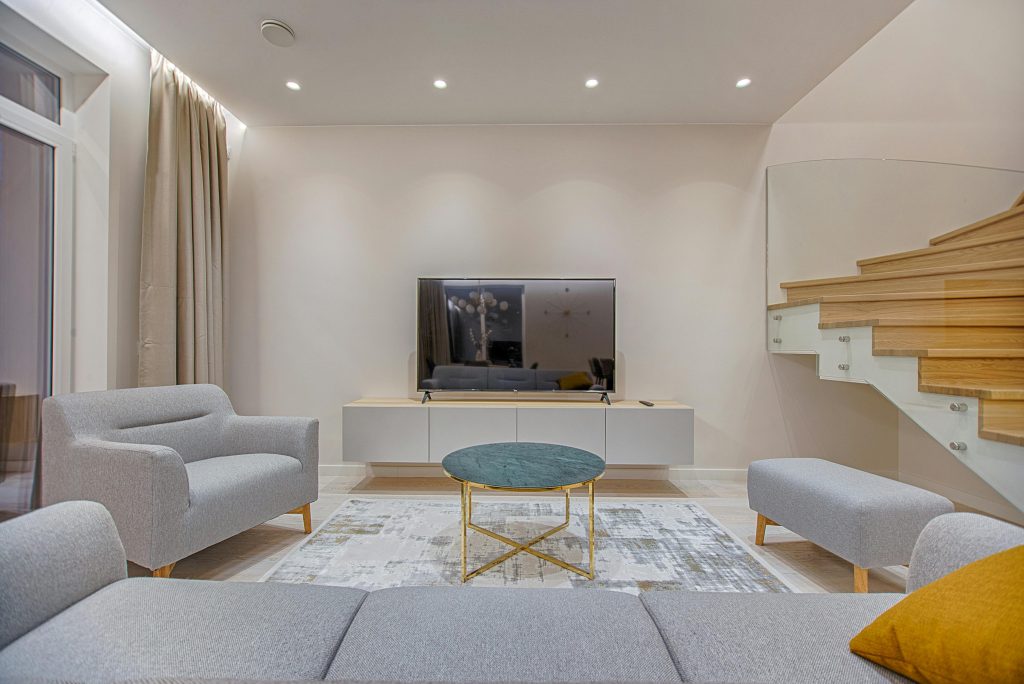How to Declutter and Organize Your Home for a Stress-Free Life
Creating a stress-free home is not just about aesthetics; it’s about cultivating an environment that promotes calmness and productivity. Clutter can often sneak up on us, turning our once cozy and functional spaces into sources of stress. Whether it’s piles of papers, overflowing closets, or forgotten items stuffed into drawers, disorganization affects both our mental clarity and daily efficiency. If you’re ready to transform your home into a sanctuary, decluttering and organizing are essential first steps.
Understanding the Emotional Impact of Clutter
Before diving into the how-tos, it’s important to understand why clutter affects us so profoundly. Living in a disorganized space can overwhelm the senses, making it hard to concentrate or relax. You may not notice the toll immediately, but over time, clutter creates a lingering sense of unease.
Clutter also has emotional ties. Many of us hold onto items because of their sentimental value or a fear of needing them someday. While these attachments are valid, they can hinder our ability to let go of things that no longer serve a purpose. Recognizing the emotional weight of your belongings is the first step toward creating a space that feels light and free.
Start Small for Big Results
Decluttering can feel daunting, especially if you’re dealing with an entire house. The key to success lies in starting small. Choose one area—perhaps a single drawer or a corner of your living room—and focus your energy there. Completing even a small task can provide a sense of accomplishment and motivate you to tackle larger projects.
When you begin, be honest with yourself about each item’s usefulness and significance. If you haven’t used or appreciated something in the past year, it’s likely time to part ways. Starting with less sentimental areas, like the kitchen or bathroom, can make the process easier and less emotionally taxing.
Embrace the Power of Organization Systems
Decluttering is only half the battle. To maintain a stress-free home, organization systems are essential. These systems don’t need to be complicated or expensive; they just need to work for your lifestyle.
Think about how you use each room and what items you need access to regularly. Storage solutions like clear bins, labeled containers, and drawer dividers can make a huge difference. Assigning a designated place for everything ensures that items don’t end up strewn across counters or floors. This step also helps you quickly locate what you need, saving time and reducing frustration.
Let Go of Perfection
One common roadblock to decluttering and organizing is the desire for perfection. It’s easy to get caught up in creating a Pinterest-worthy space, but the reality is that your home should work for you, not for social media. Aim for functionality and sustainability rather than a picture-perfect result.
It’s okay if the process takes longer than expected or if your organizational methods evolve over time. Life happens, and your home will naturally shift with your needs. The goal is to create a foundation that makes maintaining order easier, not to achieve an unattainable ideal.
Decluttering Room by Room
Taking a room-by-room approach can help you stay focused and prevent overwhelm. Each space in your home serves a unique purpose, and your decluttering strategy should reflect that.
For example, in the bedroom, prioritize clearing surfaces and organizing closets. A clean and serene sleeping environment promotes better rest and relaxation. In the kitchen, focus on purging expired pantry items and finding efficient storage for utensils and appliances. Living areas should feel welcoming and functional, so remove unnecessary furniture or decor that clutters the space.
As you move through each room, envision how you want it to feel and function. Use this vision to guide your decisions, letting go of anything that doesn’t align with your ideal.
Donate, Recycle, or Discard
Once you’ve sorted through your belongings, the next step is deciding what to do with items you no longer need. Donating gently used items to local charities is a great way to give them a second life while helping others. Recycling is ideal for materials like paper, glass, and certain plastics. For items that are beyond use, responsible disposal is key.
Be mindful during this stage to avoid simply shifting clutter from one place to another. Establish a plan to promptly remove unwanted items from your home, whether that means scheduling a donation pickup or a trip to the recycling center.
Involve the Entire Household
Decluttering and organizing shouldn’t fall on one person’s shoulders, especially in a shared household. Involving family members or roommates ensures that everyone contributes to the effort and respects the systems put in place.
Encourage open communication about each person’s preferences and priorities. For instance, children can learn to tidy up their toys, while adults can take responsibility for shared spaces like the kitchen or living room. When everyone plays a role, maintaining a clutter-free home becomes a collective goal rather than an individual burden.
Maintain the Momentum
Once you’ve decluttered and organized, the challenge is keeping your home that way. Regular maintenance is crucial to prevent clutter from creeping back in. A weekly sweep through high-traffic areas can help you catch items that have migrated out of place.
Another effective strategy is adopting a “one in, one out” rule. For every new item you bring into your home, commit to letting go of something you no longer need. This practice keeps accumulation in check and encourages thoughtful purchasing decisions.
Finally, schedule periodic decluttering sessions—perhaps once every season—to reassess your belongings and ensure your home continues to reflect your current lifestyle.
The Benefits of a Decluttered Home
The rewards of decluttering and organizing extend far beyond a visually appealing space. A tidy home reduces stress, improves focus, and makes daily routines more efficient. You’ll also find that maintaining a clutter-free environment saves you time and money, as you’re less likely to lose things or buy unnecessary replacements.
Most importantly, an organized home creates room for the things that truly matter, whether that’s spending quality time with loved ones, pursuing hobbies, or simply relaxing. By taking control of your space, you’re also taking a step toward a more balanced and fulfilling life.



